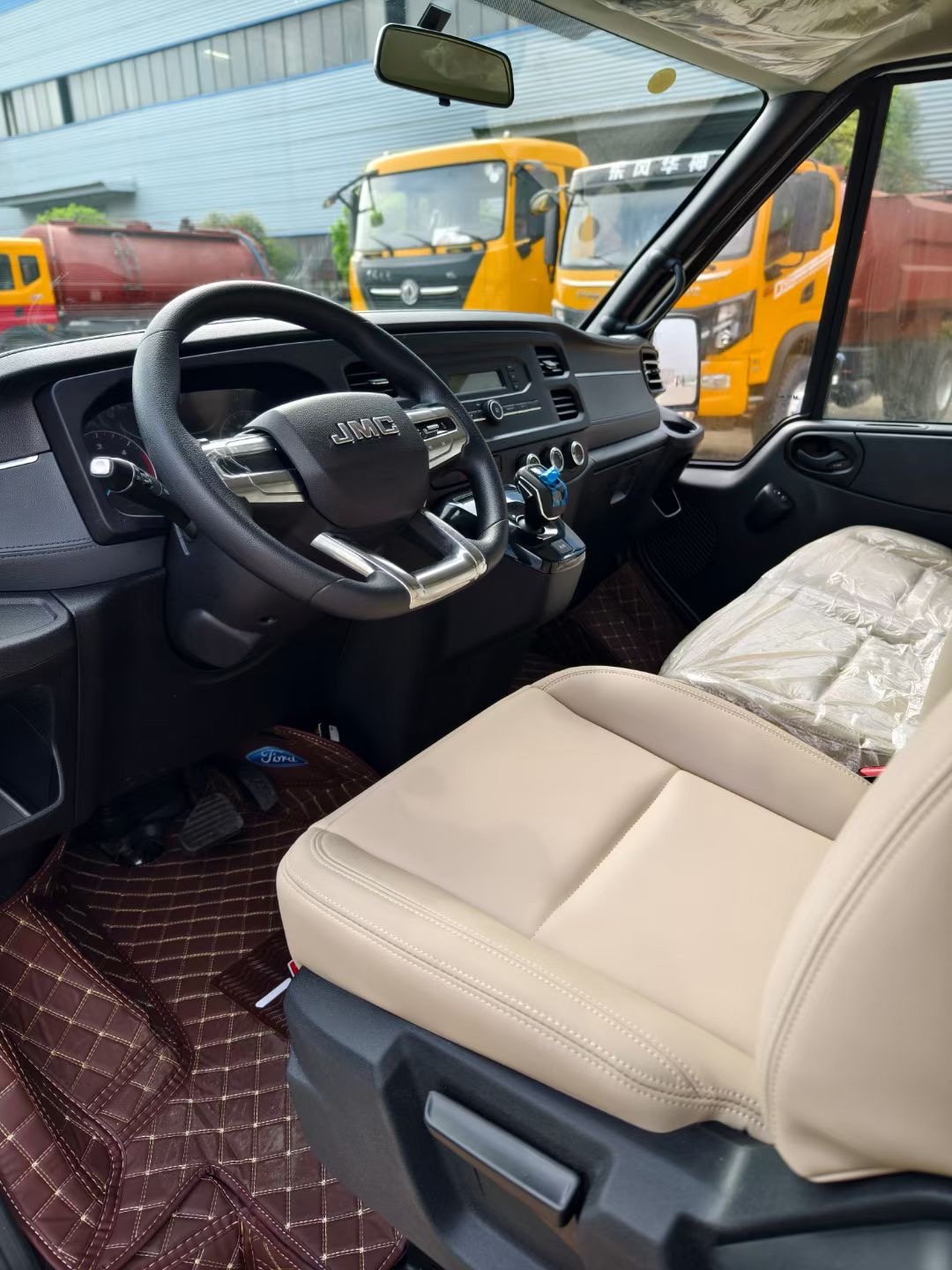Introduction
Work truck trailers play a crucial role in various industries, enabling the transportation of heavy equipment, materials, and tools to job sites. The fabrication of these trailers requires careful planning, precision engineering, and quality materials to ensure durability, functionality, and safety. In this comprehensive guide, we will delve into the intricate process of work truck trailer fabrication, exploring key considerations, materials, design features, and best practices to maximize efficiency and performance.
1. Understanding the Purpose of Work Truck Trailers
Work truck trailers come in a variety of shapes and sizes, each designed to serve a specific purpose based on the industry requirements. Whether it's hauling construction materials, transporting heavy machinery, or carrying specialized equipment, the design of the trailer must align with the intended use. Understanding the purpose of the trailer is essential in determining the size, weight capacity, structural integrity, and additional features required for optimal performance.
2. Key Considerations in Work Truck Trailer Fabrication
Fabricating a work truck trailer involves a series of critical considerations that influence the design, construction, and functionality of the final product. Some key factors to consider include:
- Payload Capacity: Determining the maximum weight the trailer can safely carry is crucial in selecting the appropriate materials and structural components.
- Axle Configuration: The number and placement of axles impact the trailer's stability, weight distribution, and maneuverability.
- Braking System: An efficient braking system is essential for safe operation, especially when transporting heavy loads.
- Suspension System: The suspension system plays a vital role in absorbing shocks, providing a smooth ride, and enhancing overall durability.
- Material Selection: Choosing high-quality materials that offer strength, durability, and resistance to corrosion is essential for the longevity of the trailer.
3. Materials Used in Work Truck Trailer Fabrication
The choice of materials is a critical factor in determining the performance, durability, and cost-effectiveness of a work truck trailer. Some commonly used materials in trailer fabrication include:
- Steel: Known for its strength and durability, steel is a popular choice for constructing the frame, chassis, and structural components of work truck trailers.

- Aluminum: Aluminum is lightweight, corrosion-resistant, and offers excellent strength-to-weight ratio, making it ideal for reducing overall trailer weight and increasing fuel efficiency.
- Composite Materials: Composite materials, such as fiberglass-reinforced plastics, are increasingly being used in trailer fabrication for their high strength, durability, and resistance to corrosion.
- Wood: While less common in modern trailer fabrication, wood is still used for decking and flooring due to its affordability and ease of maintenance.
4. Design Features and Customization Options
Work truck trailers can be customized to meet specific industry requirements, operational needs, and aesthetic preferences. Some common design features and customization options include:
- Deck Length and Width: Tailoring the deck dimensions to accommodate different types of cargo and equipment.
- Ramp Systems: Incorporating ramps for easy loading and unloading of heavy machinery and equipment.
- Tool Storage: Adding compartments, toolboxes, and racks for storing tools, materials, and accessories.
- Lighting and Electrical System: Installing LED lights, reflective markers, and a reliable electrical system for enhanced visibility and safety.
- Hitch Options: Choosing the appropriate hitch type based on the towing vehicle and intended use of the trailer.
5. Fabrication Process and Quality Assurance
The fabrication process of a work truck trailer involves a series of steps, from design and engineering to welding, assembly, and finishing. Quality assurance is paramount to ensure that the trailer meets industry standards, safety regulations, and customer expectations. Some key aspects of the fabrication process include:
- Design and Engineering: Collaborating with engineers and designers to create detailed plans, specifications, and 3D models of the trailer.
- Cutting and Fabrication: Using advanced cutting tools, bending machines, and welding equipment to fabricate the frame, chassis, and components.
- Assembly and Welding: Assembling the trailer components, welding the joints, and ensuring structural integrity and alignment.
- Finishing and Coating: Applying protective coatings, paint, and finishing touches to enhance durability, aesthetics, and corrosion resistance.
- Quality Control: Conducting thorough inspections, tests, and certifications to verify the trailer's safety, performance, and compliance with regulations.
6. Best Practices in Work Truck Trailer Fabrication
To ensure the success of a work truck trailer fabrication project, following best practices and industry standards is essential. Some key best practices include:
- Work with Experienced Fabricators: Collaborate with reputable fabricators who have a track record of delivering high-quality, custom trailers for various industries.
- Use Quality Materials: Invest in high-quality materials that offer strength, durability, and long-term performance to maximize the trailer's lifespan.
- Prioritize Safety and Compliance: Adhere to safety regulations, standards, and codes to ensure the trailer meets industry requirements and protects operators and cargo.
- Regular Maintenance and Inspections: Implement a proactive maintenance schedule and conduct regular inspections to identify and address any issues before they escalate.
- Continuous Improvement: Stay informed about industry trends, technological advancements, and customer feedback to continuously improve trailer design, features, and performance.
truck mounted crane for sale is a complex process that requires expertise, precision, and attention to detail to deliver durable, efficient, and reliable trailers for various industries. By understanding the purpose of the trailer, selecting the right materials, incorporating design features, following best practices, and prioritizing quality assurance, fabricators can create custom trailers that meet the specific needs and exceed the expectations of their clients. With a focus on maximizing efficiency, durability, and safety, work truck trailer fabrication plays a vital role in supporting the operations and success of businesses across different sectors.
